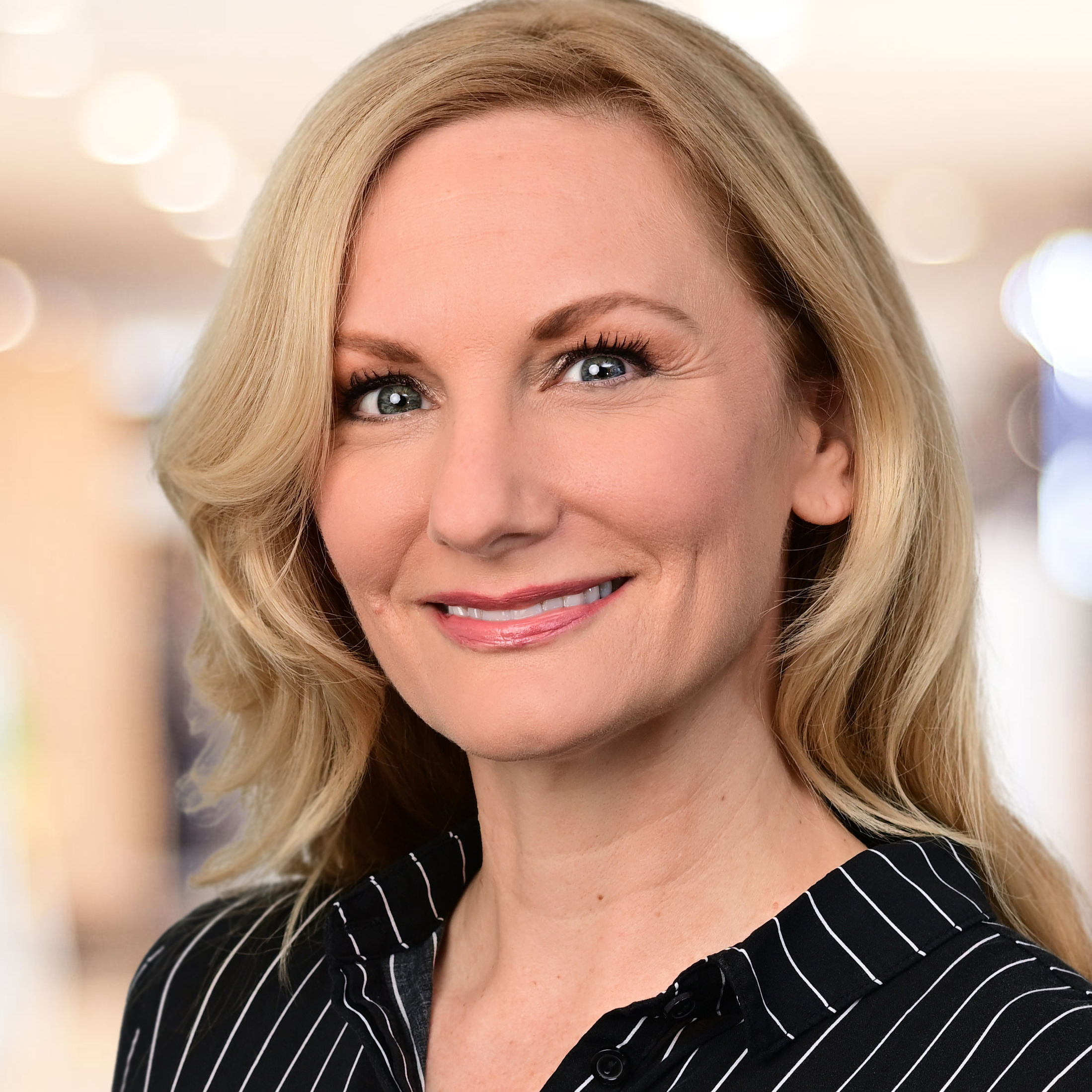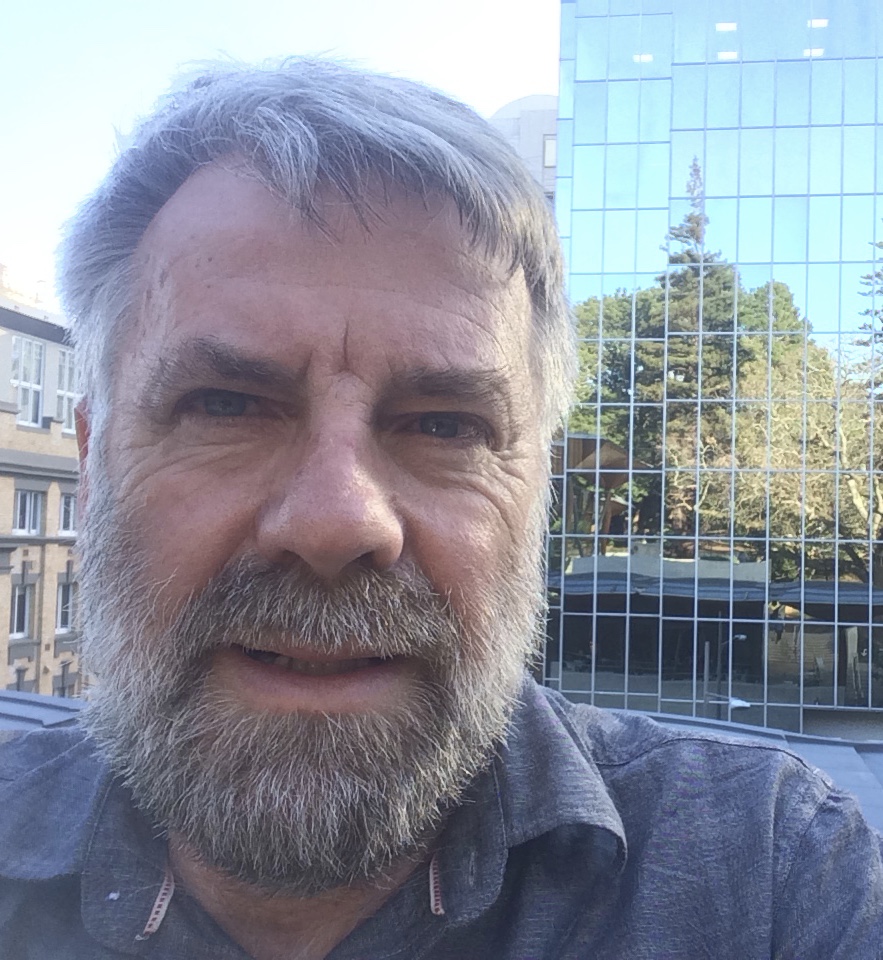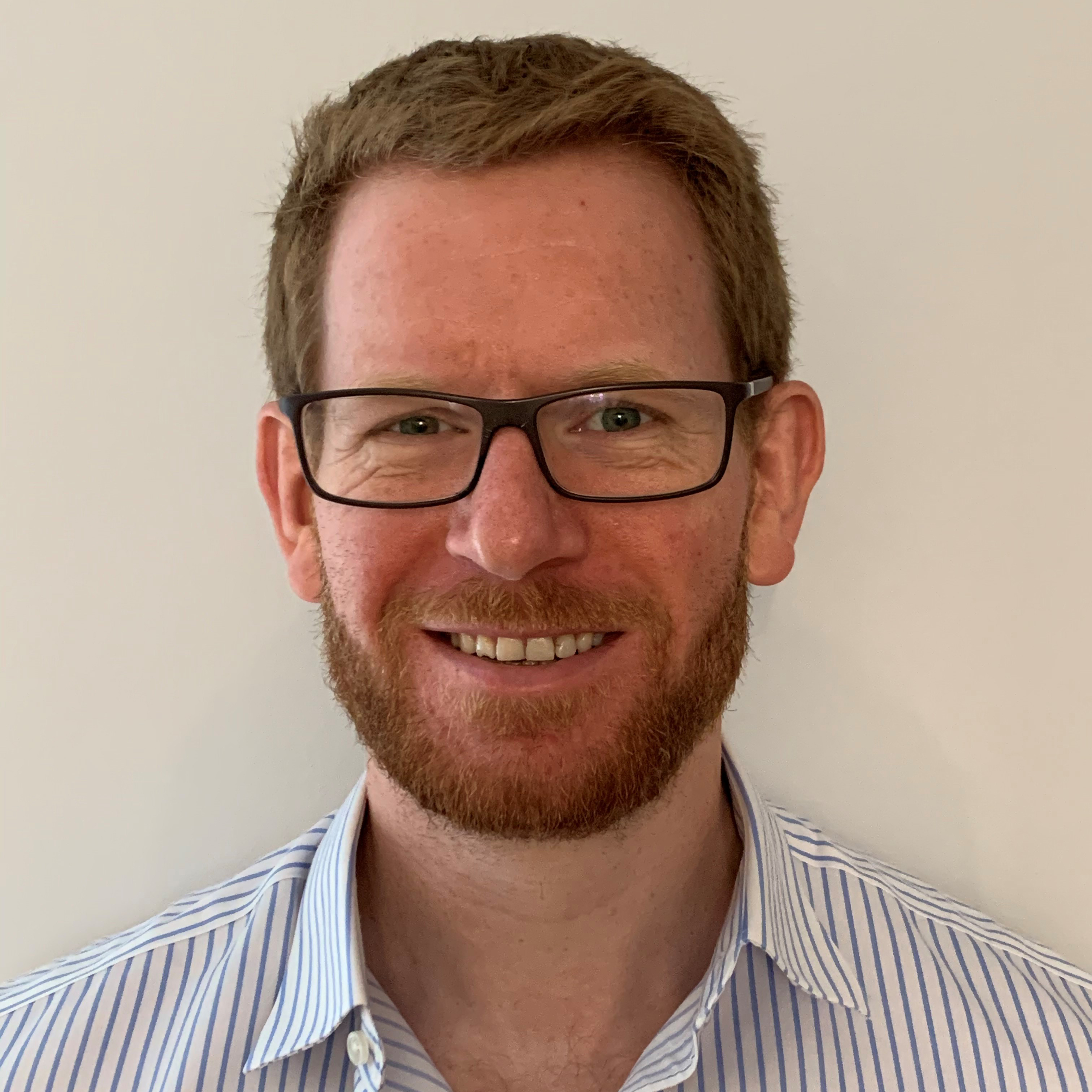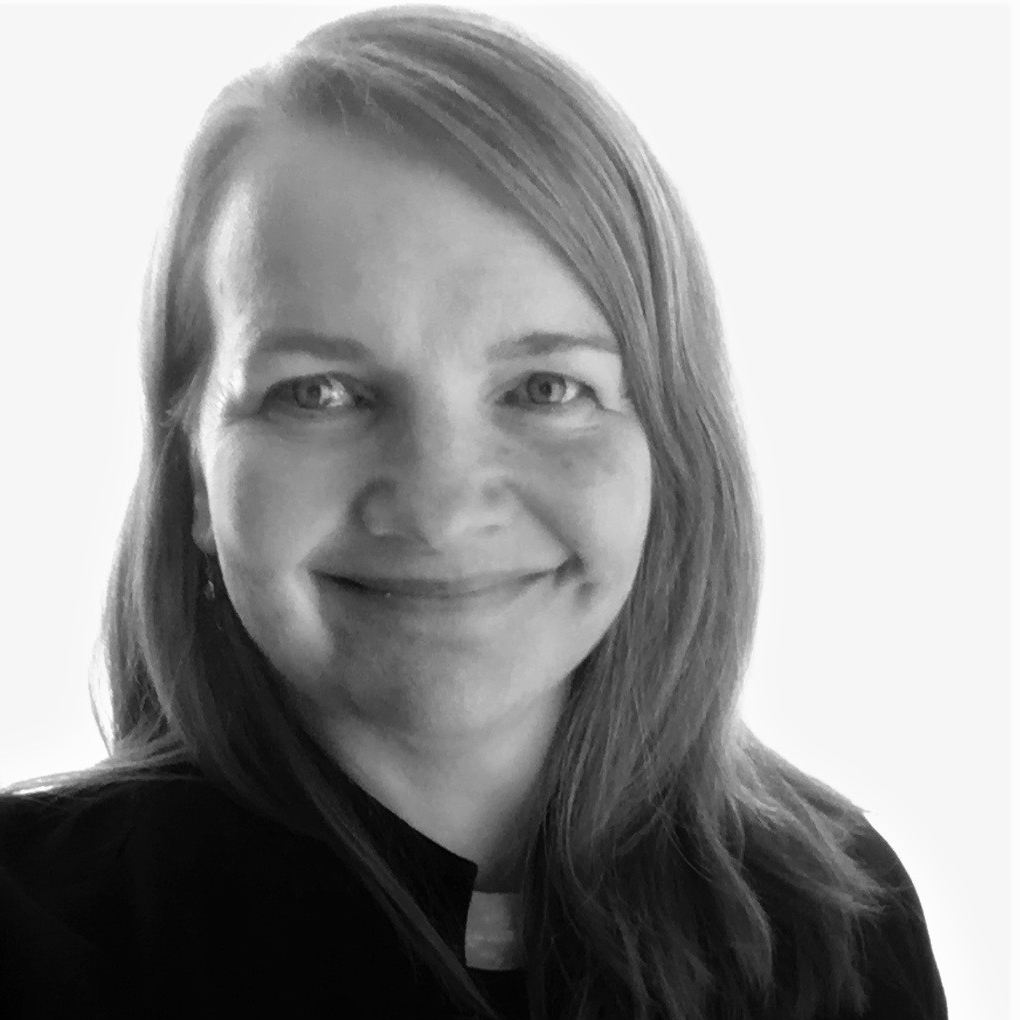Personal statement
As the Vice Rector of Research at the Universidad Autónoma de Chile, I have taken a leadership role in fostering a culture of open access within our community. I have spearheaded the implementation of structures, policies, and mechanisms that have enabled the establishment of a robust governance system for scientific data and articles, which we make available to the community.
In my position, I have gained knowledge of Crossref services and its role in advancing open scholarly infrastructure. I understand the value of complete, open, and global scholarly metadata and the importance of fostering connections and collaborations within the research community. I am familiar with Crossref’s strategic agenda and its commitment to openness, transparency, and sustainability.
If elected to the board, I would bring this knowledge and experience to contribute actively to Crossref’s mission. I envision a community where scholarly metadata is not only rich and connected but also easily accessible and usable by researchers worldwide. I would work towards expanding the network of metadata and relationships, encouraging best practices among members, and ensuring the accuracy and transparency of the metadata we collect.
Furthermore, I am dedicated to fostering inclusivity and diversity within the community. I recognize the significance of representing the Latin American culture, which has enthusiastically embraced open access. By integrating our perspectives, experiences, and needs into the board’s decision-making process, we can create a more comprehensive and representative scholarly infrastructure.
In conclusion, I offer an understanding of Crossref’s services and a vision for our community that embraces open access, collaboration, and inclusivity. I am committed to advancing the strategic agenda of Crossref, promoting open scholarly infrastructure, and ensuring the long-term sustainability and transparency of our scholarly ecosystem.
Organization statement
The Universidad Autónoma de Chile would be an invaluable asset to Crossref as a board member, aligning with its strategic agenda and upholding open infrastructure principles. Our presence would bring diversity and represent the Latin American culture, which has enthusiastically embraced open access.
Our university has taken significant steps towards open access and scholarly communication. We have established an academic repository, scientific journals, and a science communication center. Notably, we are proud to be the only university press that offers all its content openly and freely. These initiatives exemplify our commitment to complete, open, and global scholarly metadata and relationships.
In support of Crossref’s strategic agenda, we recognize the need for a more connected scholarly record. We endorse flexibility, clearer metadata provenance, and improved accuracy and transparency. As a board member, we would actively contribute to expanding the network of metadata and relationships, encouraging our members to meet best practices and promoting the value of richer open metadata.
Furthermore, we embrace the Principles of Open Scholarly Infrastructure (POSI). We advocate for broad community governance, transparent operations, and non-discriminatory membership. A board-governed organization that considers community consensus and diverse interests builds trust and confidence. We are committed to inclusive governance, reflecting the demographics of the membership and ensuring transparent processes. We fully support open-source software and open data practices. We acknowledge privacy constraints while emphasizing the availability of relevant data through periodic dumps.
Electing the Universidad Autónoma de Chile to the board would bring a diverse perspective, representing the Latin American culture’s integration into the open access movement. Our university’s concrete actions and unwavering commitment to open infrastructure principles make us an ideal partner in advancing Crossref’s strategic agenda and ensuring the organization’s sustainability and transparency.















